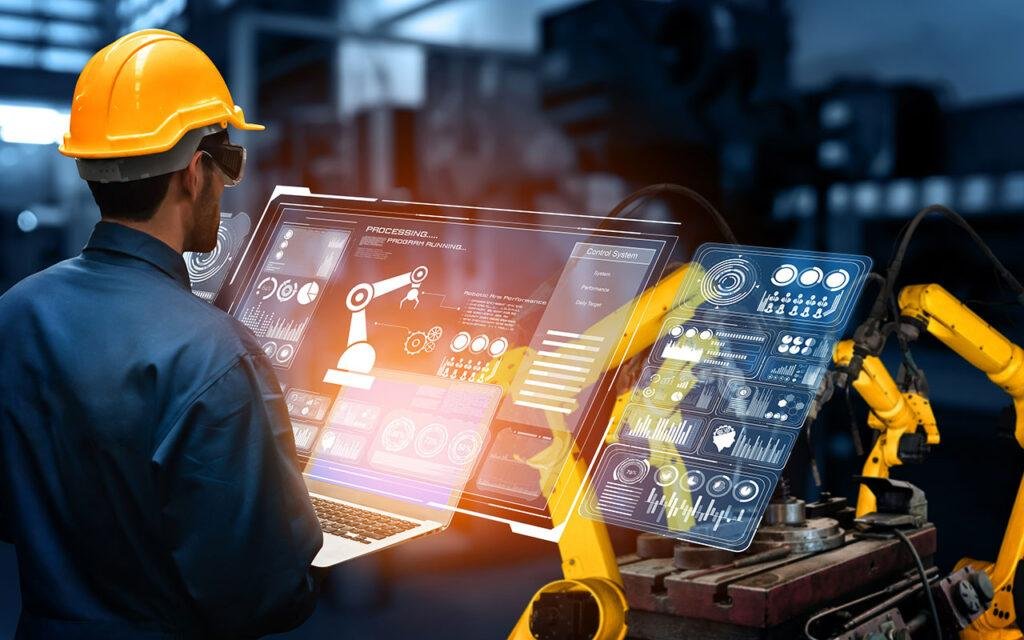The effects of automation and artificial intelligence on the job market and businesses
The rise of automation and artificial intelligence (AI) has the potential to revolutionize the job market and the way businesses operate.
Automation refers to the use of machines and software to perform tasks that were previously done by humans, while AI involves the development of intelligent machines that can learn and make decisions on their own.
In this essay, we will explore the effects of automation and AI on the job market and businesses, including the potential benefits and challenges.

One of the most significant effects of automation and AI on the job market is the potential for job displacement.
As machines become more advanced and can perform more complex tasks, they may replace human workers in certain industries.
For example, self-driving trucks could replace truck drivers, and chatbots could replace customer service representatives. This could lead to job losses and displacement for many workers.
However, automation and AI also have the potential to create new jobs and industries. As machines take over certain tasks, humans can focus on more creative and complex tasks that require critical thinking and problem-solving skills.
This might create new industries and jobs in AI development, cybersecurity, and data analysis.
Increased productivity and efficiency are additional potential benefits of automation and AI for businesses. Machines can perform tasks faster and more accurately than humans, which can lead to cost savings and increased output.
For example, automated manufacturing processes can produce goods more quickly and at a lower cost than manual processes.
However, the implementation of automation and AI also presents challenges for businesses. One challenge is the cost of implementing these technologies. Automation and AI systems can be expensive to develop and implement and may require significant investment in equipment and training.
Another challenge is the potential for data breaches and cybersecurity threats. As businesses rely more heavily on automation and AI systems, they become more vulnerable to cyberattacks and data breaches. This could lead to significant financial losses and damage to a company’s reputation.
Additionally, there is the risk of bias in AI systems. AI systems learn from data, so if the data is biased, the system could make biased decisions.
For example, biased data training of an AI system could result in it making unfair or discriminatory decisions.
Another potential challenge of automation and AI is the impact on the workforce. While these technologies can spawn jobs, they might demand distinct skills from the ones they replace.
This might cause a skills gap, leaving workers unprepared for the evolving job market.
To address these challenges, businesses can take several steps. One approach is investing in workforce training and education to equip employees with the necessary skills for the evolving job market.
Another is to prioritize cybersecurity and implement measures to protect against data breaches and cyberattacks. Additionally, businesses can take steps to ensure their AI systems are unbiased and make fair decisions.
Conclusion
The rise of automation and AI has the potential to revolutionize the job market and the way businesses operate. While posing job displacement and cybersecurity risks, these technologies also promise benefits like enhanced productivity and efficiency.
To maximize benefits and address challenges, businesses should invest in training, prioritize cybersecurity, and ensure unbiased AI systems for fair decisions. 바카라사이트
